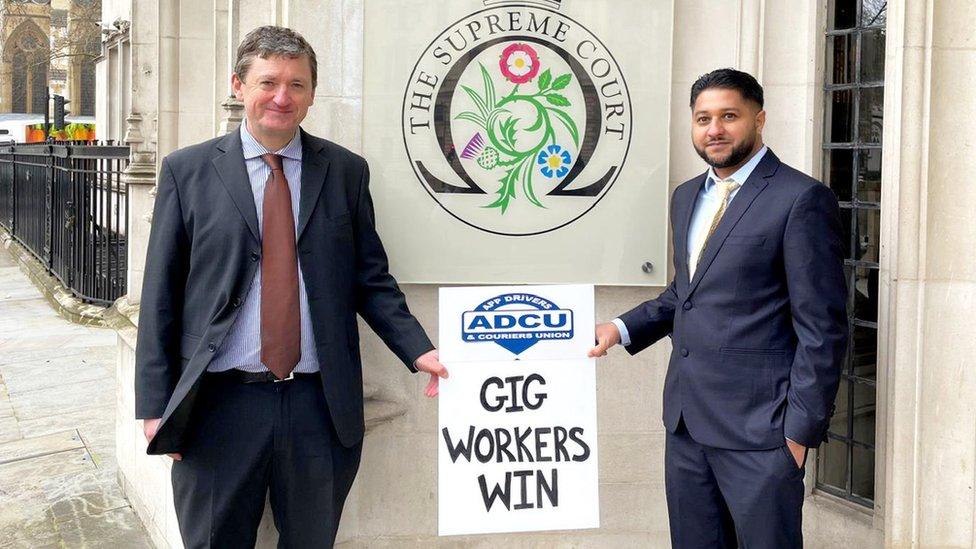National Living Wage: The truth about food courier pay
- Published
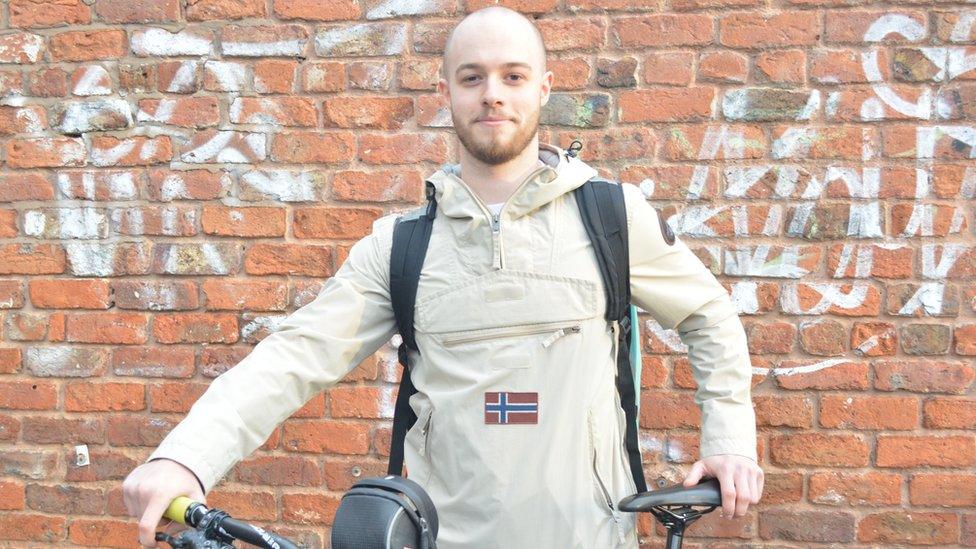
Henry Dean works for Deliveroo on top of his full-time apprenticeship
A rise in the popularity of app-based food delivery companies has led to an increasingly competitive food courier workforce, a new BBC documentary has found.
Life in the Fast-Food Lane follows three food couriers as they embark on delivery shifts across Liverpool, Manchester and Sheffield.
Food couriers are generally self-employed meaning they only get paid for the deliveries they make and do not get paid a guaranteed hourly wage.
Henry Dean, 23, works full-time as an apprentice in Liverpool but also delivers food on his bicycle for Deliveroo in the evenings.
He said: "Deliveroo is something I do on a weekend to supplement the income I make from work, which as an apprentice is quite a low wage. I tend to use it [the Deliveroo income] for food shopping."
At the firm Mr Dean is self-employed and can earn several pounds for each delivery he makes, with longer journeys earning him more.
During filming, Henry was on shift for two-and-a-half-hours and delivered four orders.
He made £18 in that time, which equates to £7.20 per hour, below the UK National Living Wage of £9.50 an hour.
His first order of the night took him 25 minutes to complete and earned him £3.42, which was the smallest fee he received all evening.
Later another delivery paid £6.96, his largest fee of the night, and also took 25 minutes.
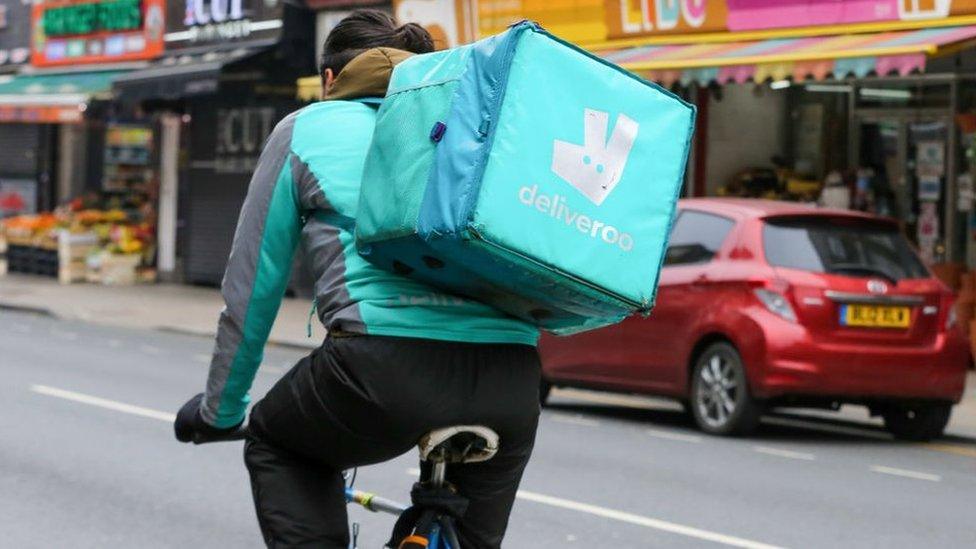
Deliveroo said its objective is to work with enough riders to deliver the expected number of orders
Despite the potential of earning higher fees for orders, Mr Dean does not earn anything whilst waiting in-between deliveries.
"You'll be waiting around for like an hour, two hours and nothing. You want to be out there delivering orders and you're not able to - it gets a bit frustrating," he explained.
In a statement, Deliveroo said it had recently announced a "voluntary partnership agreement" with GMB Union which makes clear riders are guaranteed to earn at least the National Living Wage plus costs while on an order.
They added: "Our objective is to work with enough riders to be able to deliver the expected number of orders while making sure we don't have too many riders in any one area, so riders maintain attractive earnings."
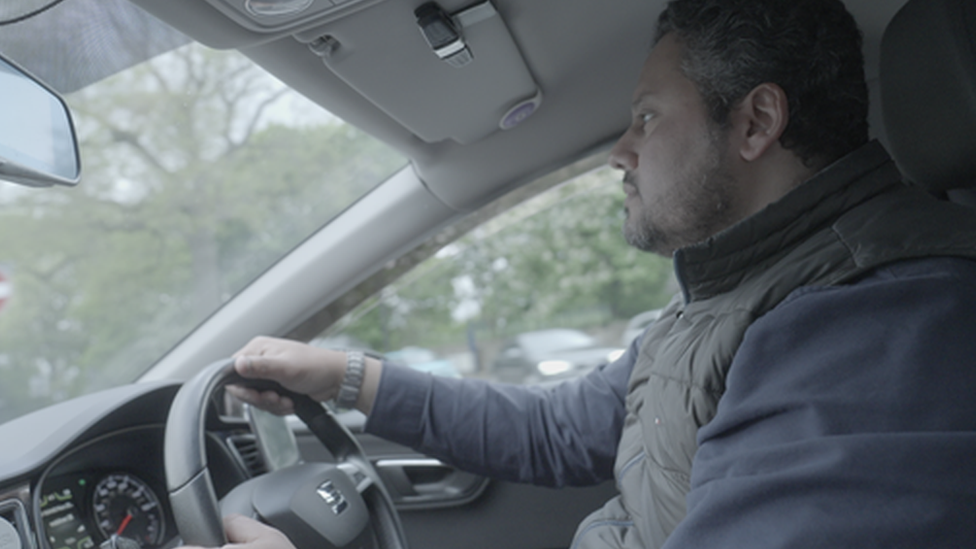
Bassam Qaid said the rise in fuel prices has had a knock-on effect
Bassam Qaid, 44, a father-of-two from Sheffield, also works as a self-employed food delivery driver. He works for delivery firm Stuart, who are a sub-contractor to Just Eat.
He works full-time and since starting in the industry has noticed how excessive his hours have been.
"I'm working seven days now, sometimes I'm working 70 hours," Mr Qaid said.
During filming, he earned £65.85 in eight-and-a-half hours. His earnings equated to £7.75 an hour, so also fell under the National Living Wage.
The cost of living crisis is also having a big impact on couriers and the recent rise in fuel costs means Mr Qaid spends about a fifth of his average income on fuel alone.
"Before you can fill the tank twice a week on £80. The fuel for every week now is between £125 and £120," he said.
In a statement Stuart said their pay exceeds the National Living Wage for the time couriers spend on a delivery, adding: "Stuart is committed to paying the equivalent of the National Living Wage for couriers while they are actively working on the platform."
The Independent Workers' Union of Great Britain (IWGB) said during the cost of living crisis "courier companies continue to over hire workers while paying very low fees".
IWGB President Alex Marshall said: "Most companies do not pay anything for time couriers spend waiting for jobs."
He added the workforce often "struggle to take home minimum wage pay in real terms".
However, some delivery firms are attempting to disrupt the industry and offer more security to couriers.
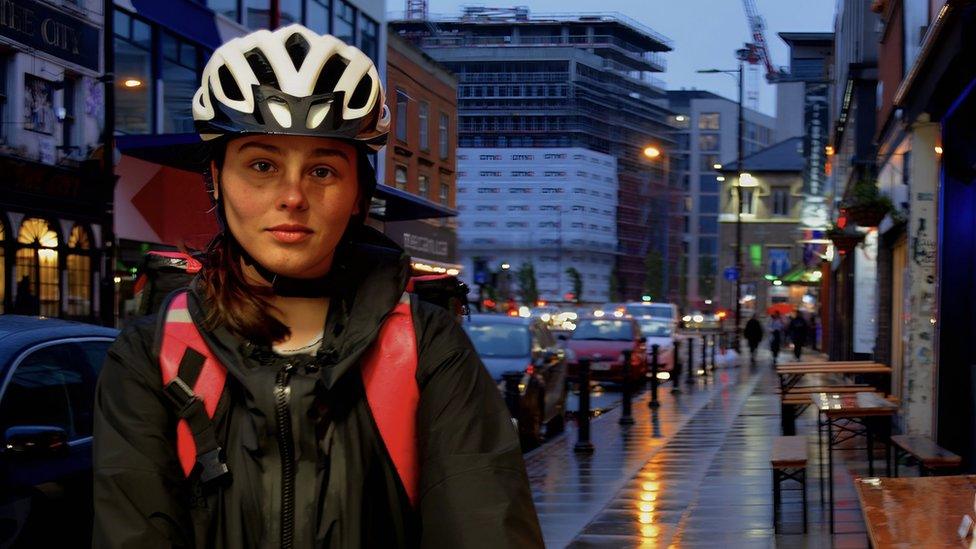
Viktória Klimentová said her contract with Foodstuff gives her a bit more security
Viktória Klimentová, 28, is a Manchester-based food courier employed by food delivery platform Foodstuff.
She works on a casual basis on top of her full-time day job and gets paid a guaranteed £10-an-hour, regardless of the number of deliveries she makes on a shift.
"We get paid whether we deliver or not. So, if it's a quiet night we still do get paid for it, which is good for us," she said.
When the BBC's We Are England team filmed Ms Klimentová, she earned about £25 and that security of earning a guaranteed wage through food couriering was one she would like to see replicated elsewhere.
She said: "It would be good for all food couriers to have a contract - [it] gives them a little bit more stability and security."
In a statement to the BBC, the Department for Business, Energy and Industrial Strategy said: "The government has a strong track record in protecting and enhancing workers' rights across the UK.
"We are committed to building a high skilled, high productivity, high wage economy that delivers on our ambition to make the UK the best place in the world to work. This includes ensuring workers' rights are robustly protected while also fostering a dynamic and flexible labour market."

Life in the Fast-Food Lane will broadcast on 28 October at 19:30 BST on BBC One and will then be available on BBC iPlayer

Why not follow BBC North West on Facebook, external, Twitter, external and Instagram, external? You can also send story ideas to northwest.newsonline@bbc.co.uk, external
- Published12 October 2022
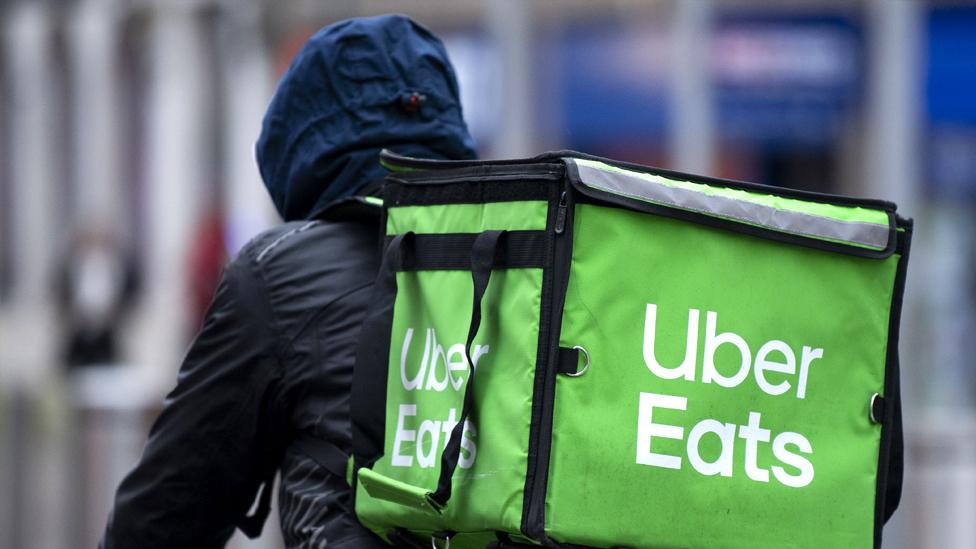
- Published23 August 2022
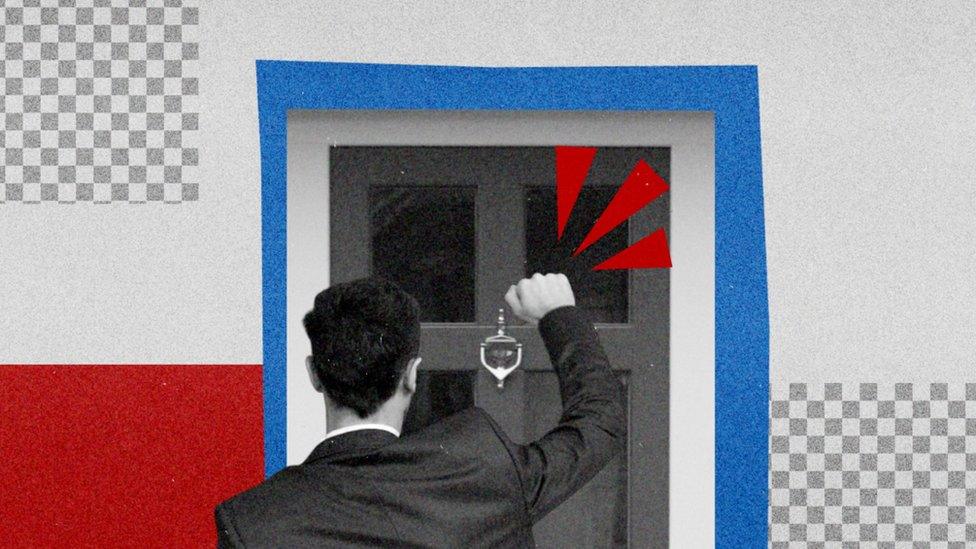
- Published20 April 2022
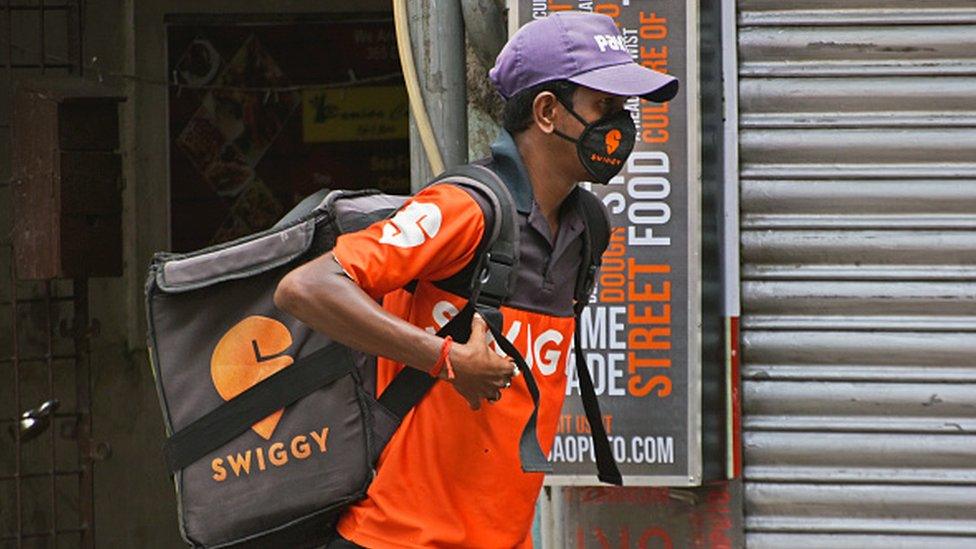
- Published26 May 2021
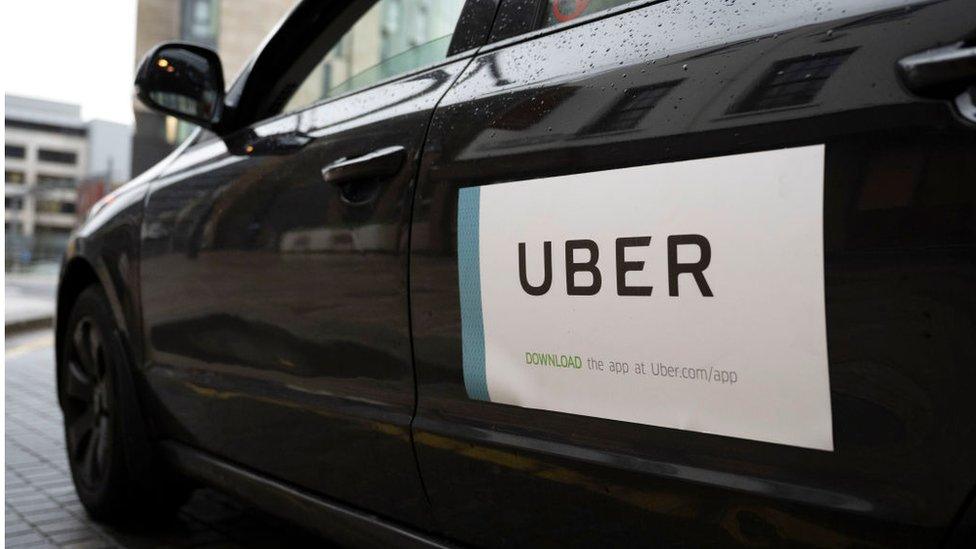
- Published25 March 2021
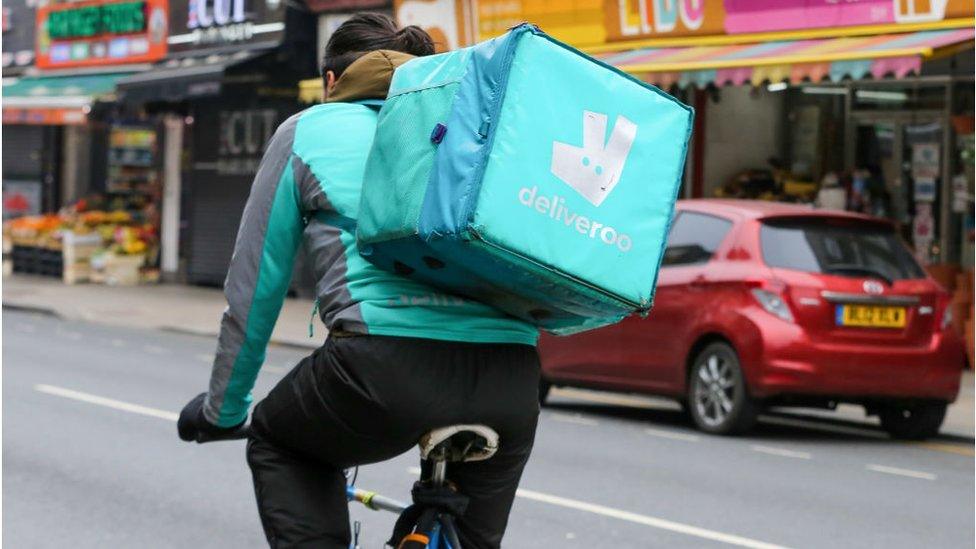
- Published19 February 2021
